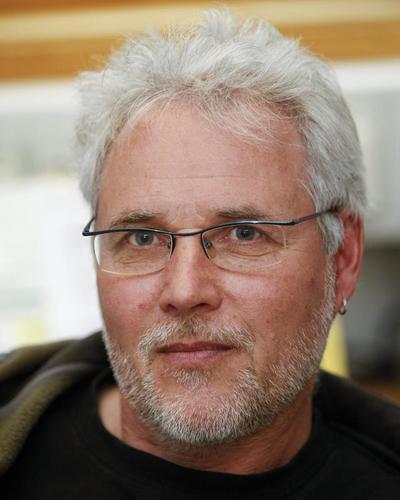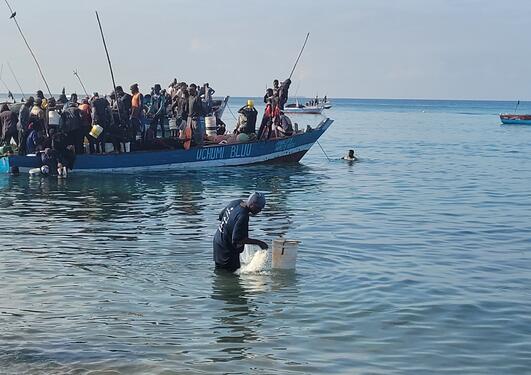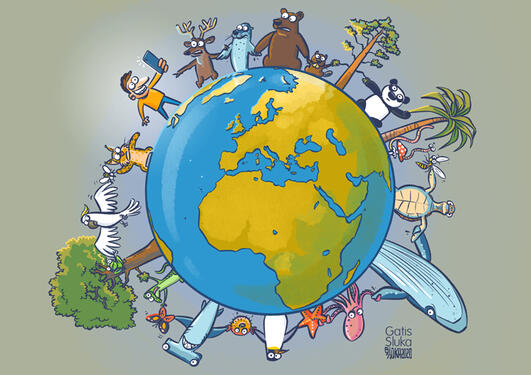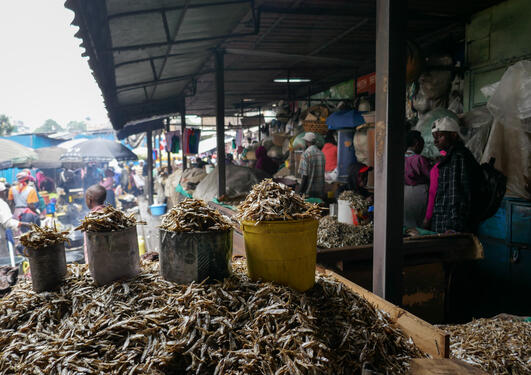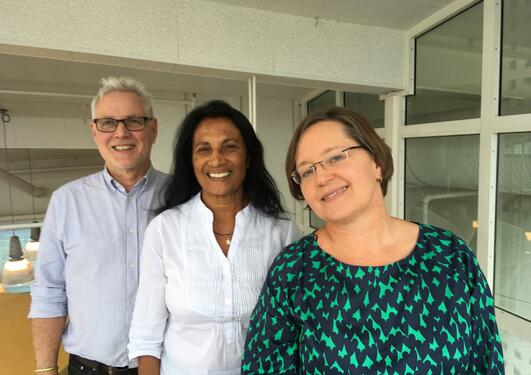Wild species are key to sustainable development
“Sustainable use of wild species is key to achieve the Sustainable Development Goals,” says Professor Jeppe Kolding at the University of Bergen. He is one of 87 international experts co-writing a new report out Friday 8 July 2022.

Main content
The report was commissioned by the Intergovernmental Science-Policy Platform on Biodiversity and Ecosystem Services (IPBES), which is an independent intergovernmental body.
Wild species make up half the world's food from the ocean, a large part of timber and fuel, and are also a major source of protein, fibre, and medicine for communities around the world. If the world is to achieve the Sustainable Development Goals (SDGs), wild species must be protected, concludes the report Sustainable Use of Wild Species Assessment, which is presented by IPBES.
Wild fish craves limited energy
“Fish and shellfish, for example, are the largest resource of animal protein available worldwide. Wild fish is also the cleanest and least energy-intensive food system in existence. It does not use water, feed, fertilizer, medicine, or pesticides,” says Jeppe Kolding.
The report also points out that exploitation of wild species, or man-made changes to ecosystems, is an important factor in the loss of species diversity and that resources must be used in a sustainable way.
Professor Kolding works at the Department of Biological Sciences, University of Bergen (UiB), and is one of 87 experts from 45 different countries to have contributed to the report. Marla M. Emery, who is affiliated with the Norwegian Institute for Natural History (NINA), is one of the co-chairs of the report, which also includes contributions from Håkon Stokland from the Norwegian University of Science and Technology and NINA.
Jeppe Kolding has extensive experience from research on small-scale fisheries and is, among other things, coordinator of the research project SmallFishFood and is partner in the Norad supported project Samaki, which looks at how small-scale fisheries can feed large populations in East Africa.
“98 per cent of human food comes from land and only two per cent from the ocean. However, the ocean produces as much primary feed as land band production. But the report includes all wild species from plants, mammals, fish, and insects,” says the professor.
Expert on small-scale fisheries
Kolding was invited to contribute to IPBES’ report because of his knowledge of small-scale fisheries in developing countries, which employs 90 per cent of the world's fishermen and fisherwomen. This is a very important source of food security and nutrition for millions of people. The professor participated as co-author of chapter 6, “Policy options for governing sustainable use of wild species”.
“I was invited halfway through work on the report, when IPBES realised they had limited knowledge about this important part of the fisheries sector,” says Kolding.
In the report, IPBES emphasises that political decisions and choices of how the world exploits wild species will have consequences for people who depend on these species and how the world will achieve the SDGs. The report also points out that the exploitation of wild species is particularly important for the most vulnerable among the world's population.
